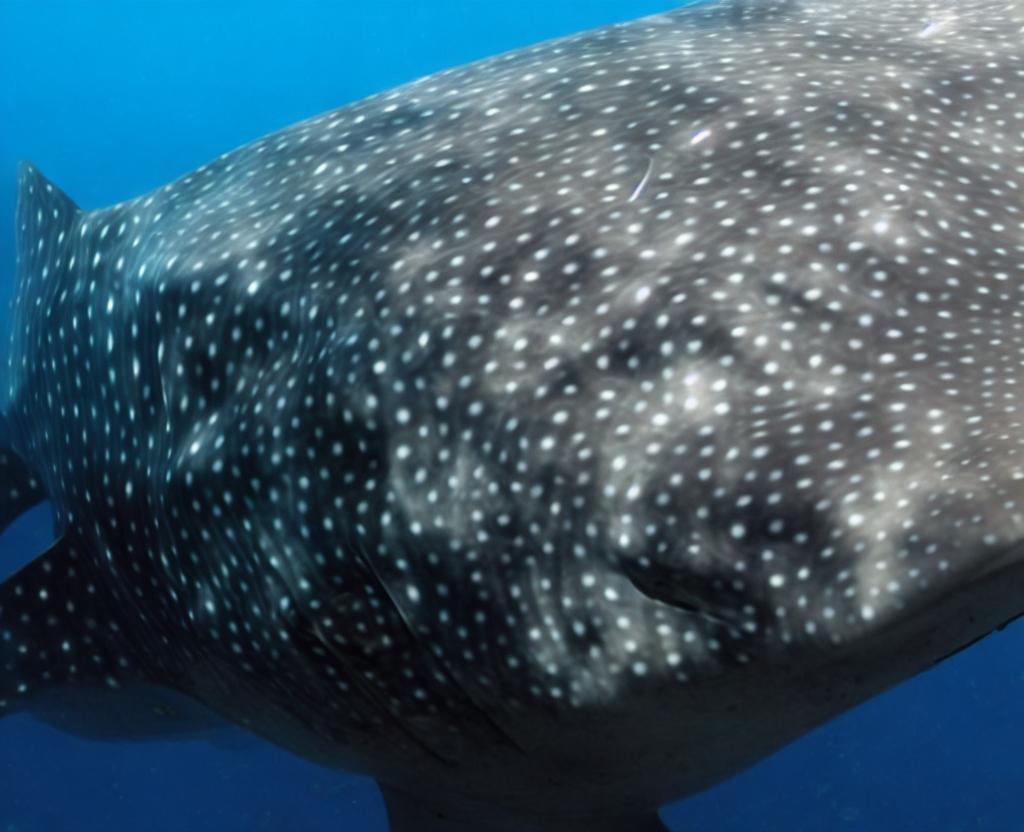
International Whale Shark Day
On August 30th, the International Whale Shark Day aims to raise public knowledge of this dazzling sea-dwelling creature. The whale shark's declining numbers warns us of their need for protection and conservation. Marine biologists and aquatic enthusiasts alike are captivated by these gentle giants' fascination with marine biologists and aquatic enthusiasts alike.
You should know about whales and sharks, and you should know about sharks. Have you heard of the whale shark? Whale sharks are a species of filter-feeding carpet shark. Despite their size, these gentle giants are still considered gentle giants.
Whale shark facts:
- The whale shark, which weighs more than 20 tons, is the world's largest fish
- On an average of 70 years, a whale shark lives an average of 70 years
- Some whale sharks can reach more than 32 feet long
- These gentle giants are about the same as a bus and are about the same as a bus
- The whale shark's habitat is found in the tropical seas around the world
- Whale sharks are carnivores, but their teeth are only 6 mm long
- Whale sharks each have a unique skin color, similar to human fingerprints.
Whale sharks are incredibly majestic. Unfortunately, they are becoming endangered. Whale sharks are one of the most endangered marine species on Earth, according to the International Union for Conservation of Nature (IUCN).
The whale shark was reclassified by the IUCN in 2016 from a vulnerable species to an endangered species. Nobody knows the exact number of the whale sharks. According to some estimates, there are only tens of thousands around the world. Thousands of thousands are estimated. Illicit fishing, getting stuck in fishing gear, and colliding with boats are all contributing to the decrease in numbers. Since whale sharks migrate slowly, they can be easily captured. Whale shark products made in Asia, for example, are in high demand in certain regions of the world, such as Asia.
Plastic is also a threat to whale sharks. Waste plastics makes its way to the oceans. They ingest the plastic when a whale shark eats close to the surface. This garbage is deposited in the digestive tract.. A whale shark can no longer eat if this occurs. The massive fish dies soon after.
Both of these factors, as well as the need to protect them, have contributed to the whale shark's endangered status and the need to protect them.
How to celebrate #internationalwhalesharkday. harkdaycom
Getting to know more about this sea creature is the best way to commemorate International Whale Shark Day. You could also support an organization that helps protect the whale shark. The whale shark is a species that lives in the United States. Plastic Oceans is one of a few groups that include the Sea Shepherd Conservation Society, Cousteau Divers, and Plastic Oceans. These organisations also have helpful ways to get involved. These organisations also have great ways to get involved. If you're visiting the pages, learn more about this amazing creature and what's being done to protect them.
Plastic bags should be limited, and never throw them into a body of water. If you do use plastic, be sure to recycle it.
Whale sharks are pictured on the internet in a slew of stunning whale shark pictures. Why not post a snapshot on social media rather than posting a snapshot? When doing so, don't forget to use #InternationalWhaleSharkDay.org.
History of the international whale shark day has dominated the history of the international whale shark day
On August 30th International Whale Day, over 40 whale experts and ocean activists celebrated in Isla Holbox, 2008, during the International Whale Shark Conference in 2008 in Isla Holbox, and ocean activists. Since then, the day has continued to inform the world about the whale's decreasing numbers.'s declining numbers have been reported since then.




